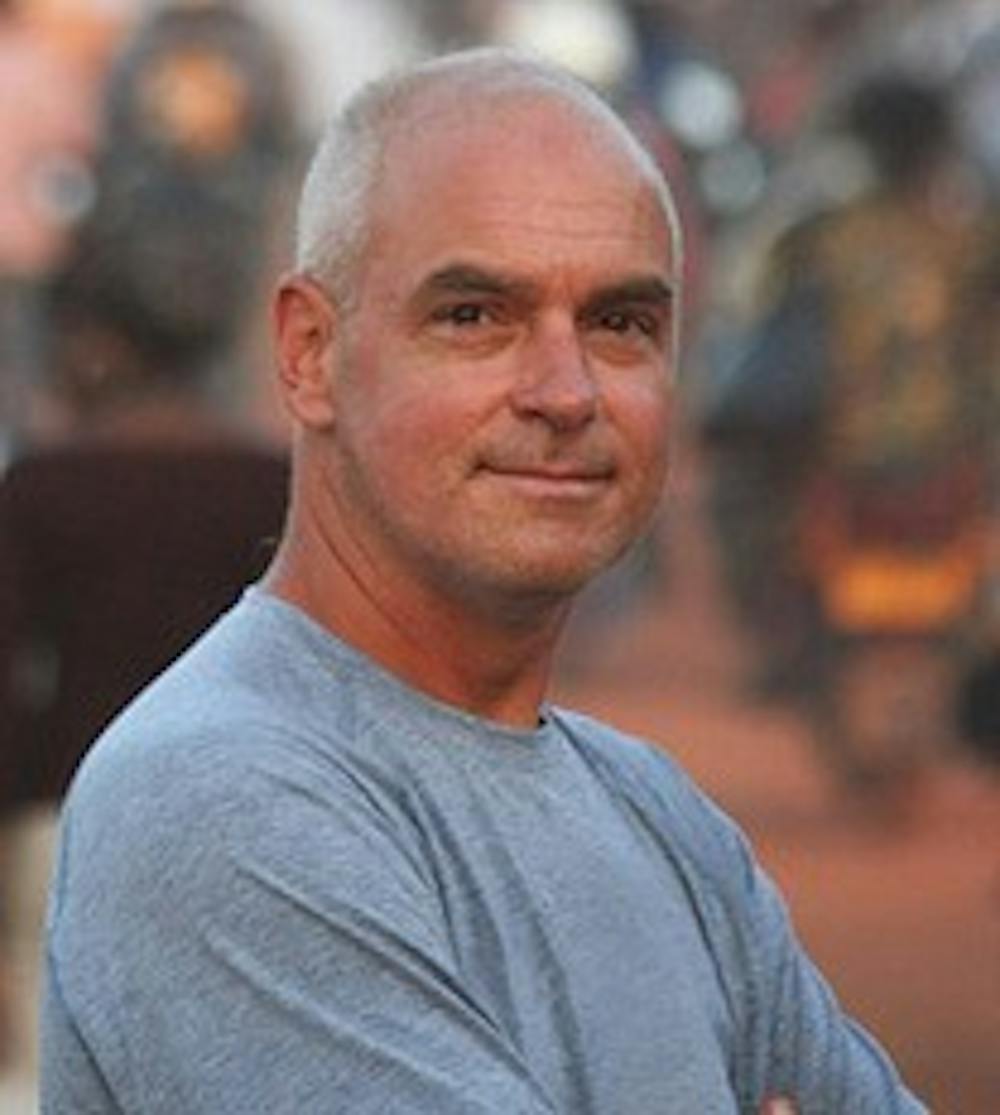Journalism Professor and Class of 1986 graduate Tim Crothers' book, "The Queen of Katwe" is being made by ESPN and Disney into a movie that will premier this September. Staff writer Leah Moore talked with him about the book's themes, the process of it being turned into a movie and Roy Williams.
Daily Tar Heel: What are the main themes of your book, “The Queen of Katwe?"
Tim Crothers: It’s a classic underdog story. There’s a quote on the book that is particularly poignant to me. When I first got to Katwe in 2010, this struck me and I ended up writing it down in my notebook. It reads: “To be African is to be an underdog in the world, to be Ugandan is to be an underdog in Africa, to be from Katwe is to be an underdog in Uganda, and to be a girl is to be an underdog in Katwe.” To me that really defines what it’s all about. For Phiona to have done what she’s done is against the grain in so many ways. I think that’s what makes her story so extraordinary. She has no business being an elite chess player, and there’s no word for chess in her native language. At nine, when she discovered the chess program, she could not read or write and was basically homeless. She turned her life around from that to becoming a really good chess player and an incredible person, a leader of the women’s movement in her own country.
DTH: What piqued your interest in writing a book about Phiona Mutesi, a girl from Uganda who became an international chess champion? How did you find her story?
TC: I was doing an appearance for the book I’d written with Roy Williams, and a gentleman came up to me at the end of the talk and said, “I have a good story for you.” As a journalist, you learn from the very beginning that you should listen just in case. He told me that he’d read in a Christian newsletter about a young girl who had grown up in the slums of Uganda but had become an international chess champion. I decided I wanted to check into that, and the story sort of grew from there.
DTH: How will the Disney and ESPN movie due out in September differ from your book?
TC: I have not seen it, so I don’t know for sure. I hope that it captures the inspirational story that is Phiona Mutesi. I’ve seen the trailer and some other clips from the movie, and I feel like what I’ve seen so far is very true to the story.
DTH: How does it feel to have big names such as Lupita Nyong’o in the film version?
TC: It’s an honor. I had never imagined that we would attract such wonderful actors and actresses to this project. It’s beyond my wildest dreams to have David Owelowo and Lupita Nyong’o in the cast. I’m hoping that will take what might otherwise be a niche movie and take it to another level.




